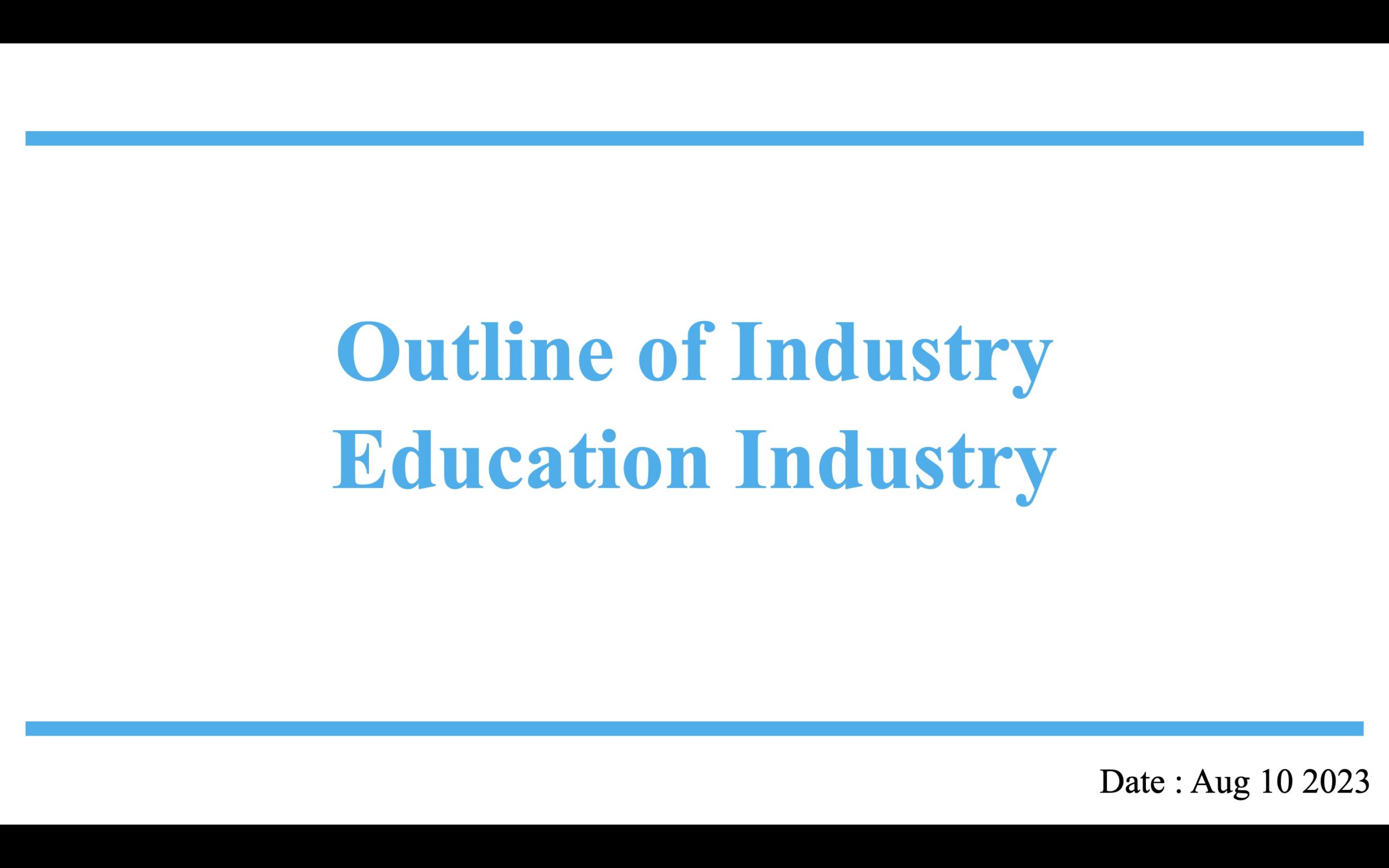The education industry refers to the system of production, distribution, and consumption of education and educational services. It encompasses a wide range of institutions, including traditional K-12 schools, colleges, and universities, as well as a growing number of alternative educational providers, such as online education platforms and private tutoring services.
The education industry has a profound impact on society. It plays a crucial role in the development of human capital, preparing students with the skills and knowledge they need to participate in the workforce and contribute to the growth of the economy. It also helps to promote social mobility and reduce inequality, by providing access to opportunities for personal and professional growth to individuals from a variety of backgrounds.
The education industry has grown rapidly in recent decades, driven by factors such as population growth, technological advances, and globalization. In many countries, the expansion of higher education has been a key component of this growth, with universities and colleges becoming major economic drivers in their own right.
However, the education industry is not without its challenges. The cost of education has risen dramatically in many countries, putting a burden on families and students and leading to increased levels of student debt. At the same time, there is growing concern about the quality and relevance of the education being provided, with many students graduating without the skills and knowledge they need to succeed in the modern workforce.
The impact of technological advances has also been significant in the education industry, with online education platforms and other digital technologies transforming the way education is delivered and consumed. This has provided new opportunities for students to access education, regardless of their location or circumstances, and has enabled the development of new educational models and approaches.
However, these advances have also raised important questions about the role of technology in education and the potential consequences of relying too heavily on digital solutions. For example, there is a concern that online education may not provide the same level of interaction and personal support as traditional classroom-based education, and that it may exacerbate existing inequalities by limiting access to educational opportunities for certain groups.
The education industry is also facing increasing competition, with a growing number of alternative educational providers entering the market and offering new and innovative solutions to the challenges facing the industry. This has put pressure on traditional educational institutions to adapt and evolve, and has led to the development of new business models and partnerships.
In conclusion, the education industry is a critical component of modern society, playing a central role in the development of human capital and the promotion of social mobility. Despite the challenges facing the industry, such as rising costs, concerns about the quality and relevance of education, and the impact of technological advances, the education industry remains an essential part of our economy and a key driver of growth and progress. The continued evolution of the education industry will be shaped by the changing needs and expectations of society, and by the development of new technologies and business models that are responsive to these changing needs.



Comment